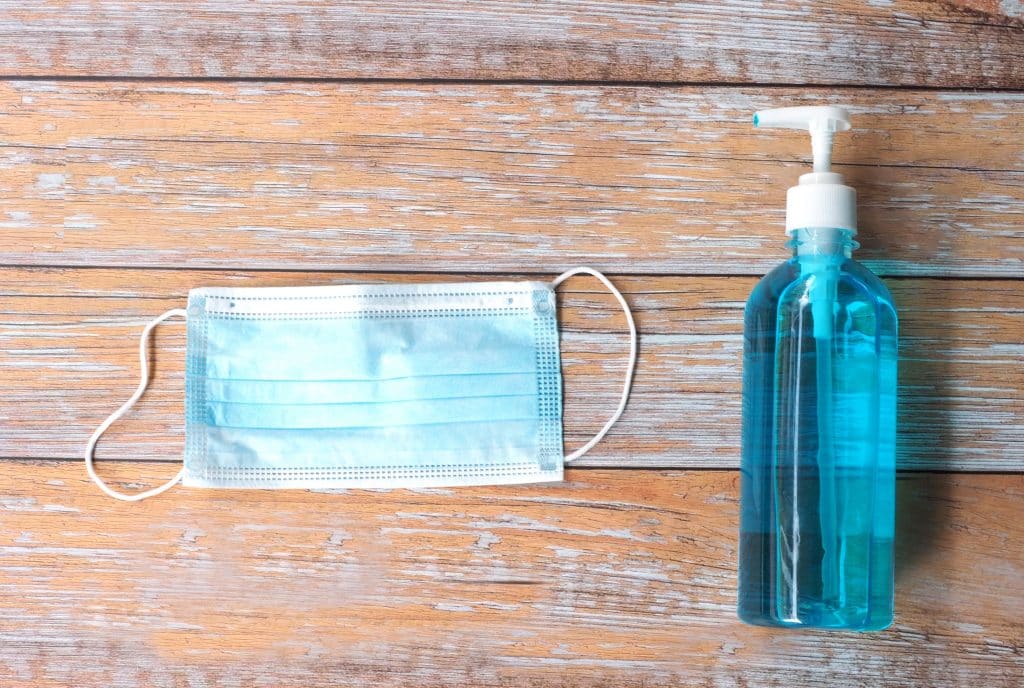
The ‘rona, or the ‘Miley Cyrus’ – whatever you call it, COVID-19 has turned everybody’s world upside down this year. From home to work to social lives, we’ve had to learn lots of new words to describe life with the virus.
Much of the new language comes from life whilst under lockdown – confinement at home. When you wake up on Blursday (an unspecified day because of lockdown’s disorientating effect on time), you need some strategies to cope! Maybe a quarantini – a cocktail people drink at home while under quarantine or some quaranbaking "the therapeutic act of baking during lockdown," has helped you survive. Not feeling like cooking? No problem, get online and join the spendemic of shoppers frantically emptying Amazon’s shelves. Anything to avoid doomscrolling on your phone! (Obsessively scrolling down the screen reading virus-related news).
More time at home may also lead to coronababies, who will become quarenteens as they grow up and form the generation known as coronials. As long as you don’t get zumped by your partner! (Dumped online e.g. on Zoom).
But a large part of the last three months has of course been spent WFH (working from home), and most of us with some degree of furlough. This is actually a very old word, originating in the 18th and 19th centuries. Spending half your life on Zoom also means we need to curate our backgrounds (tidy those shelves and warn your flatmate not to come out of the bathroom in a towel again!) and be careful with Zoombombers invading your meetings.
Now finally many of us can leave home, elbow-bump friends and try to avoid covidiots in the streets, and hope that our governments get the covexit right (strategy for lifting confinement)!
